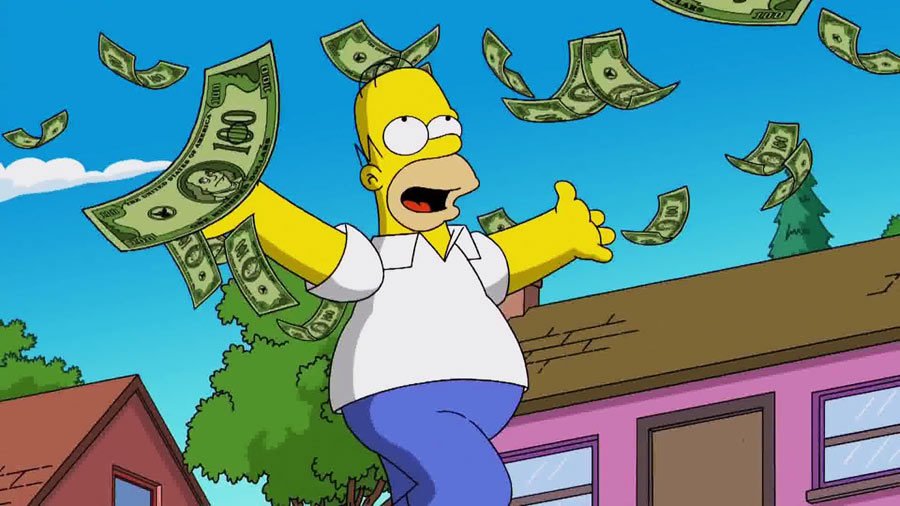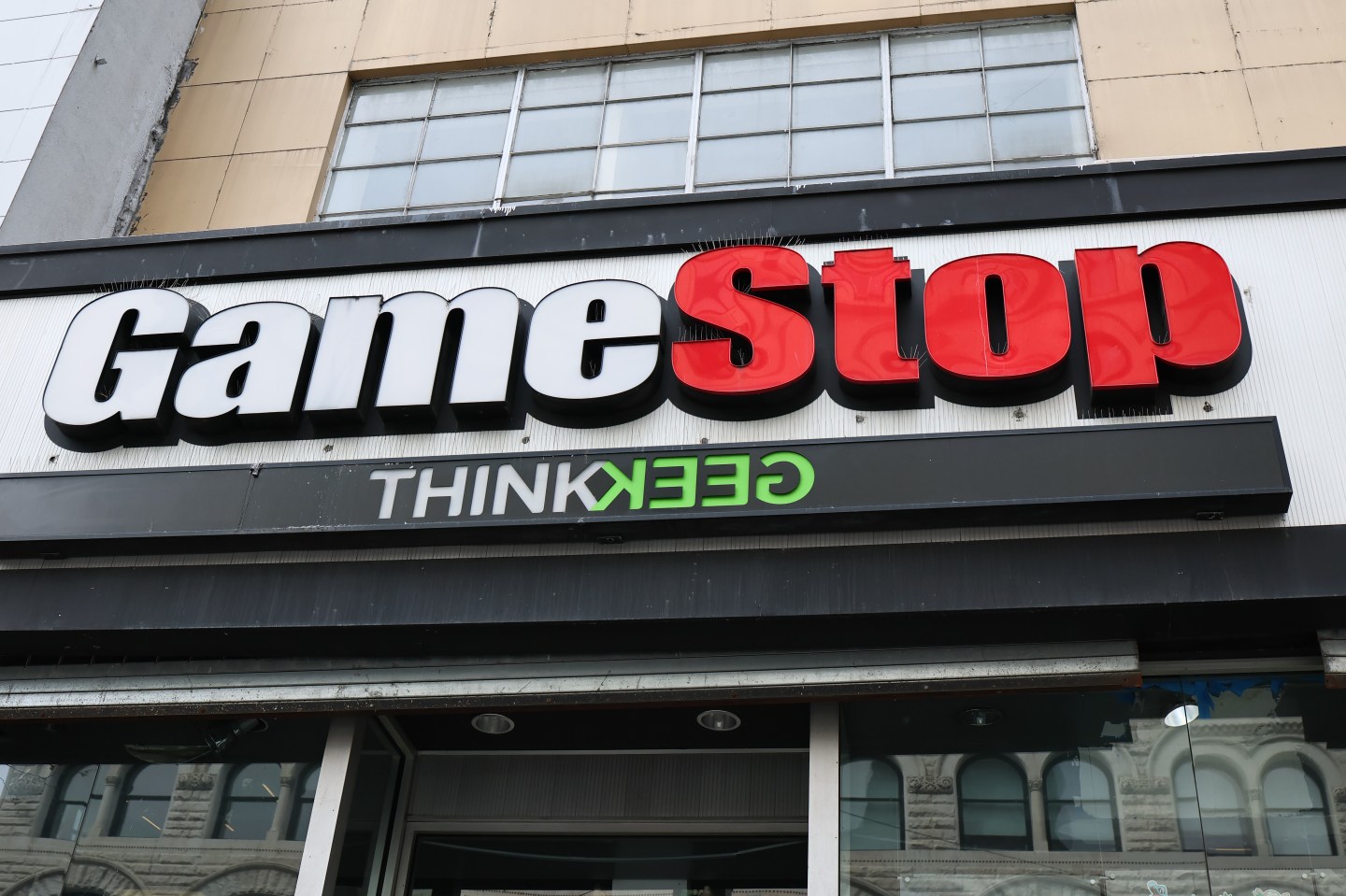After a judge in Pittsburgh ordered chip-maker Marvell Technologies to pay a record $1.51 billion in patent damages in 2012, a group of tech companies that are ordinarily rivals – including Google and Microsoft – joined forces to implore an appeals court to roll back the “dangerous” and “disastrous” thinking that led to the award.
On Tuesday, they mostly got their wish when the Federal Circuit Court of Appeals chopped the $1.51 billion awarded to the patent owner, Carnegie Mellon University, down to $278.4 million. That number will likely increase after still more court hearings but, for the tech industry, it still amounts to a reprieve.
But how did we get here in the first place? What led to the initial ruling that the companies called “disastrous as a matter of policy?”
The case itself involved two patents obtained by Carnegie Mellon professors that covered a new method for increasing chip density on a hard drive. A jury found that Santa Clara, Calif-based Marvell Technologies (MRVL) infringed on those patents, and ordered it to pay 50 cents for 2,338,380,542 chips it sold between 2003 and 2012. A judge then topped up the amount to cover more recent sales and, for good measure, boosted the total by 23% to punish Marvell’s behavior.
Here’s how the appeals court summed up the original damages:
Based on CMU’s evidence at trial, the jury awarded CMU $1,169,140,271 as a reasonable royalty for Marvell’s use of CMU’s inventions, corresponding to a 50-cents-per- chip royalty on Marvell’s worldwide sales. The district court added $79,550,288 to bring the award up to the date of judgment to reflect Marvell’s continued sales of accused chips. Under 35 U.S.C. § 284, the court enhanced the damages by 23%, adding $287,198,828.60 to the award
In an appeals court ruling, a unanimous three-judge panel threw out the 23% top-up award after finding Marvell did not deserve to be on the hook for so-called “enhanced” damages. More importantly, the ruling also attacked the core amount because it covered Marvell’s worldwide sales, not just those in the United States.
According to the rules of patent law, courts are not supposed to award damages on an “extra-territorial” basis. (This means that a U.S.-based patent owner that wants to stop infringement in Japan can only do so in Japanese court on the basis of Japanese patents).
If the original ruling was allowed to stand, the tech companies warned in an amicus brief, it would mean a trade-war and companies moving operations overseas:
In any event, the intrusion on foreign sovereignty would both encourage other nations to retaliate and discourage them from cooperating with U.S. Intellectual property initiatives. Finally, allowing U.S. Patentees to base damages on worldwide sales would threaten massive liability and encourage innovative companies to move research, development, and testing activities abroad.
The appeals court appears to have agreed and, as such, decided to award damages only on the 556,812,091 chips that Marvell imported into the U.S.
Unfortunately for Marvell (and possibly the tech industry), however, that’s not the end of the matter. The appeals court also ordered a new trial to look into how many of the overseas chips were actually “sold” in the U.S., since selling is one of the activities a patent owner has the right to restrict. In other words, Marvell will probably have to pay more.
For practical purposes, though, it’s unclear how a court should go about finding which overseas chips Marvell “sold” in the U.S. – meaning that Tuesday’s appeals court ruling could touch off yet more rounds of expensive, convoluted litigation.
To avoid this, there’s a good chance the two sides will just settle instead, which would bring certainty for Marvell shareholders and a still-enormous pay-out to Carnegie Mellon.
Overall, from a policy perspective, the appeals court ruling is a mixed bag for the tech industry. On one hand, it averts the worldwide liability theory that would have amounted to a legal Armageddon for many companies. On the other, the ruling leaves an unsettled legal mess and may embolden other universities to chase massive patent payouts of their own – a pursuit that can lead schools to lose money on tech transfer offices, and engage in questionable partnerships with contingency-based law firms.
You can read the Federal Circuit ruling, which also contains lots of inside-baseball stuff (on damage expert credentials, willful infringement standards, etc) for yourself below. I’ve underlined some of the key bits.













